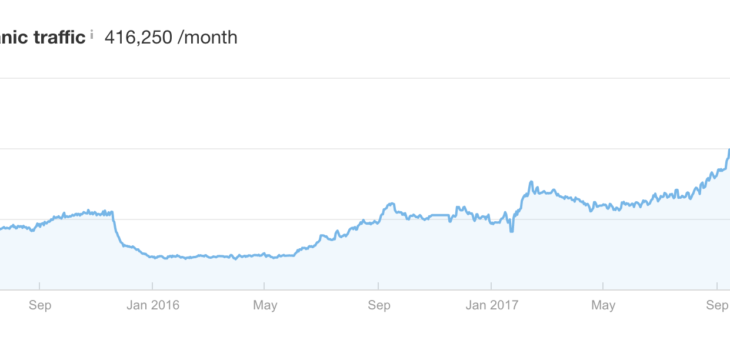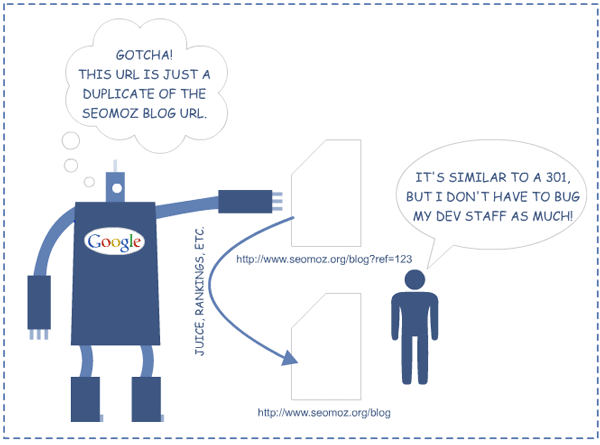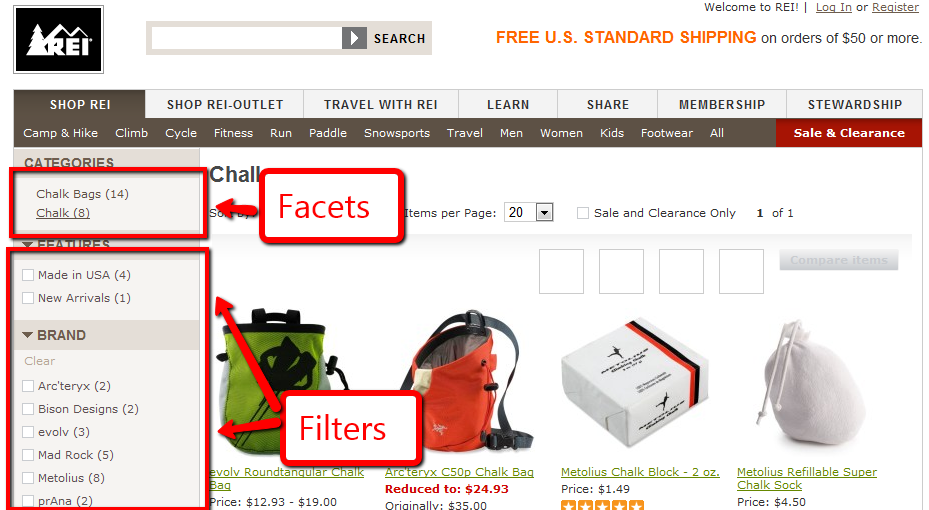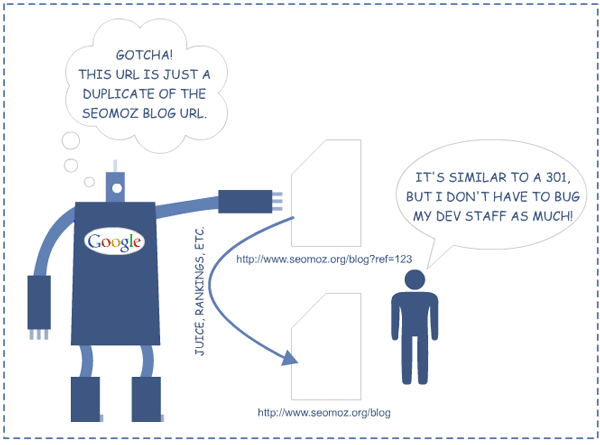On simple blogs or websites, navigation is usually quite straight-forward. You organize your site into categories, or funnels, of information or articles. You link to your most important pages and try to minimize duplicate content.
When you have a large ecommerce, travel, or other large site, however, sometimes this is not enough. If you have millions of pages, and want as many as possible to be indexed and ranking well, you simply cannot, nor would you want to, link to every page. Imagine this scenario where the only difference is color –
- http://www.example.com/shirts/ralph-lauren-red-polos
- http://www.example.com/shirts/ralph-lauren-blue-polos
- http://www.example.com/shirts/ralph-lauren-yellow-polos
- http://www.example.com/shirts/ralph-lauren-pink-polos
Let’s be honest. It’s going to be impossible to make all of these pages unique and ranking-worthy.
Or to use a skiing example, where the only difference is length – Read more about Considerations for Facets and Filters in eCommerce …







